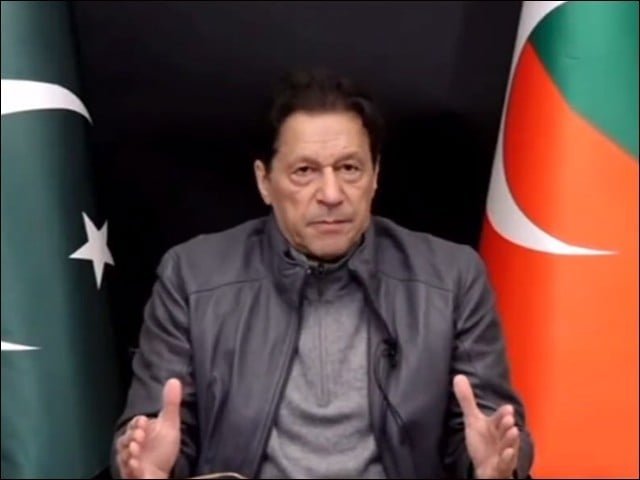Nishat Kazmi
Imran Khan is a Brand & Journalism
Irrespective of the political argument, Imran Khan is a brand, and Pakistanis should be proud of him. Even journalism is dependent on him. There are two groups of journalists in Pakistan. One projects him to sell their news, and the other discredits him to sell their information. So, in every case, Imran Khan is a central point. Hence, it is the highest point of popularity a person can have.
He is the son of the soil and has been loved the most by the nation in all dimensions of life. It is a common thing; if one talks about Imran Khan, one will get more audience. Therefore, so many journalists and Youtubers are exploiting the popularity of IK. Their news, journalism and analysis are only viewed because of IK’s favour rather than their journalistic talent. Therefore, so many ordinary journalists, who otherwise are of subpar quality, are leading journalism now only because they project IK. If they leave projecting IK, they will only view them if they have something else to sell. It is also one of the reasons that the standards of journalism have fallen so much in Pakistan. Hence, it shows the extreme popularity of IK.
Accordingly, it is also imperative to uphold the standards of journalism. Journalism in Pakistan needs more quality. The journalists should be well versed in governance, legislation, federalism, AI, public policy, public administration, economy, reforms, foreign affairs, political systems, civil services, human rights and developmental subjects. How can journalists even comment on specialized knowledge streams? Therefore, professional technical knowledge of all issues is critical for a quality journalist. Journalistic ways & means are only procedures, and substantive knowledge is the end.
Lastly, the popularity of IK is good to cash on; however, disseminating and spreading facts on all issues are more critical. Then, analyzing, creating, and making opinions depend upon the quality rather than on fact exaggeration and quality one must have. There must be a standardization placed in this regard. Only those meeting the qualitative requirement through screening substantive standardization should be allowed to enter journalism. PTI media, especially social media, are already projecting IK; instead, people are projecting him. Therefore, Journalists should balance, and all those who are only project IK, or even other leaders, are only pure journalists once they produce qualitative analysis and information.
Then, the popularity of IK is soaring. Electronic, Print and Social media are cashing it on. Therefore, the PTI information team should remain more focused. Because once they come into power or IK loses viewership quality, they will change the guard. Hence, PTI should monopolize their narrative and keep aside all other media persons ( Mostly cashing IK popularity ) leading the PTI narrative. It is always vital for political parties to hold a monopoly on their narratives.
Improving the standards of journalism in Pakistan requires a multi-faceted approach involving various stakeholders, including journalists, media organizations, regulatory bodies, and the government.
- Professional Training: Journalists must undergo professional training to learn ethical and responsible journalism. Media organizations should invest in training programs for their journalists to ensure they have the necessary skills and tools to report accurately and objectively.
- Code of Ethics: All media organizations in Pakistan should develop and adopt a code of ethics. This code should outline the standards of journalism and ethical principles that journalists must follow.
- Regulatory Bodies: The government should establish regulatory bodies to oversee the media industry and enforce the code of ethics. These bodies should be able to investigate and penalize media organizations that violate the code of ethics.
- Media Ownership: Media ownership should be diverse and transparent to prevent any undue influence on news reporting. Media organizations should disclose their ownership and funding sources to ensure transparency.
- Protection of Journalists: Journalists in Pakistan face many challenges, including threats, harassment, and violence. The government should take steps to protect journalists and promote a safe environment for reporting.
- Media Literacy: Improving media literacy among the public can also help improve the standards of journalism. The public should be educated on identifying reliable sources of information and evaluating news reports for accuracy and objectivity.
By implementing these measures, the standards of journalism in Pakistan can be improved, leading to better-informed citizens and a more robust democracy.
















